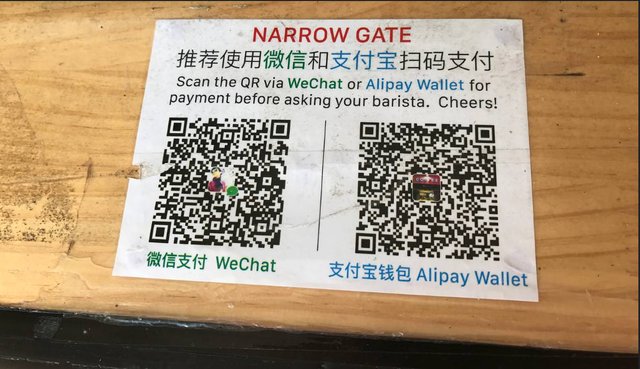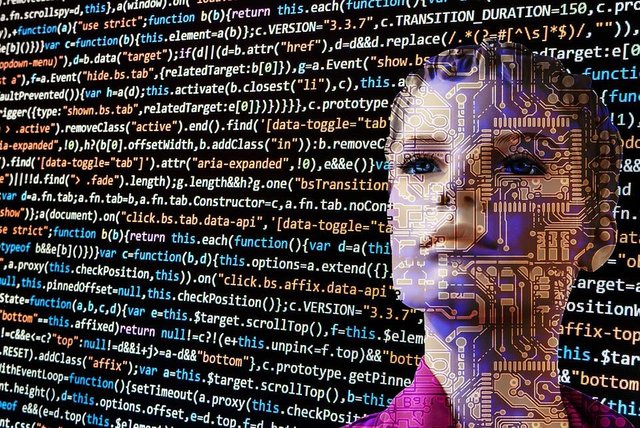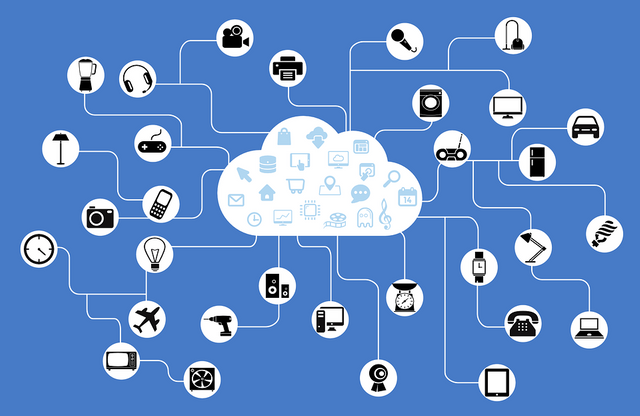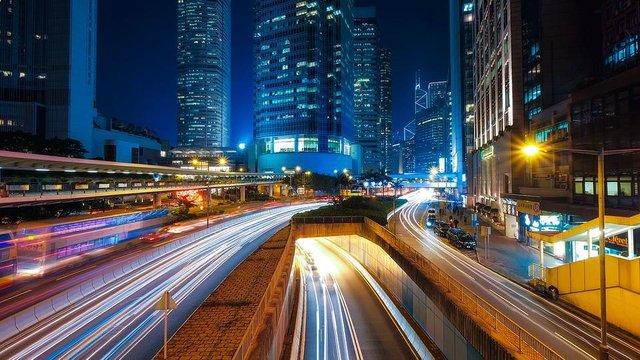Growing up, I never looked at my fridge and thought 'hmmm wish this could interface with my toaster'. It never seemed like a necassary link to make. Now though, now I don't even want toast if it hasn't been cooked to optimal brownness based on data recieved on what temperature it was stored at. Ok I don't even have a toaster, and my fridge is dumb as a post, but maybe that's why I don't eat toast much anymore?

source
It's a nice little example though of what the very lazily named 'Internet of Things' does. Generally speaking it makes more meaningful connections between devices and other and people and more devices, so while optimally toasted bread isn't a necessity, it can bridge links between say - an air conditioner and smart themometer. Even then, casual home automation is the smaller picture. the Internet of Things (IoT) has the power to finally solve the greatest issue facing the world today - my friends cheating at mini golf and claiming they only took 3 strokes when I saw them take 4. Well whatchyoo cheaters gonna do when the ball records strokes and relays the exact moment it went in the hole to an electronic score card. WHAT THEN, SAM?
the IoT can be used for a wide range of things, including what I'd like to focus on today.
Smart cities in China.
As with any article about China, I'll start by saying that, yes, the implications of China having control over everybody's personal data is scary and awful and we're moving at rocket speed to a Blade Runner-like dystopia. Ok now we've got that out of the way, I'd like to focus on the potential good stuff that could come about from this.
So what is a smart city? Well imagine the fridge and toaster from earlier, only the fridge is a city and the toaster is a parking attendant. It's the utilization of massive amounts of data to run cities efficiently. Think about how cool it would be if cites buildings could proactively prepare for oncoming storms and typhoons? what if drainage systems could react to meteorlogical data and manage their water levels accordingly, preventing flooding in lower areas.
Sure, this kind of city-wide integration is probably unneccasary for the majority of European and American cities, which is just as well, as their layouts are often wildly different from each other. In China, however, it's normal for a city with 2+ million residents to be considered small, and the top 15 cities each hold more than 10 million people. Add to that the fact that due to rapid urbanisation over the last 40 years, cities in China often have very similar layouts, making the implication of smart city innitiatives much more simple at scale.
Megafinance companies including Ant Financial and Tencent are partnering with towns and cities to roll out pilots. Tencent, for example will build 30 smart city projects in Jiangsu alone ranging from streamlined medical services to transportation.
Life is already obscenely convenient due to the integration of Alipay and WeChat into every aspect of life. From Alipay I book tickets for trains, cinema, other events and I can even water my virtual tree based on how many steps I've taken. New innitiatives are linking the app to individual cars, so that tolls on roads can be paid automatically based on AI systems that read your liscence plate as you approach toll gates/ leave car parks.
 source Harold Groven
source Harold Groven
Zhuhai - a city that borders Macau - has been selected as another Tencent-backed smart city. AI is to be used to help reinforce its 'sponge city' innitiatives , aiming to reuse runoff floodwaters without waste.
Ant Financial, meanwhile, is working with 352 cities, using big data and IoT to improve efficiency of public services. The ability to pay for Shanghai Subway rides using Alipay or Apple Pay was rolled out earlier this year to great success.
I think that I've been fairly successful in maintaining my optimistic outlook on the future. I really have to to stop me from curling up like a hedgehog in the middle of the road as the existential dread of contributing to such systems washes over me. But if you want to read a more paranoid opinion on the development of smart cities, I suggest here.

China is moving forwards with unwaivering vision, and even got rid of those pesky term limits that were holding Xi back being president in 20 years time when our arses use big data to wipe themselves and we all live underground to avoid our robotic city overlords.
And really, what is even the point of all this technological advancement if we can't even have hovercars?



Really well written. I guess you must have had a couple less Pina Coladas than that day I bonced you at mini golf!?
Downvoting a post can decrease pending rewards and make it less visible. Common reasons:
Submit
This post has been voted on by the steemstem curation team and voting trail.
There is more to SteemSTEM than just writing posts, check here for some more tips on being a community member. You can also join our discord here to get to know the rest of the community!
Downvoting a post can decrease pending rewards and make it less visible. Common reasons:
Submit
Hi @deathbatter!
Your post was upvoted by utopian.io in cooperation with steemstem - supporting knowledge, innovation and technological advancement on the Steem Blockchain.
Contribute to Open Source with utopian.io
Learn how to contribute on our website and join the new open source economy.
Want to chat? Join the Utopian Community on Discord https://discord.gg/h52nFrV
Downvoting a post can decrease pending rewards and make it less visible. Common reasons:
Submit
The picture that can be painted with color of human imagination seems to be more natural. The painting is no longer in color and color. Photography is also limited to camera frames. Like technology and rich imagination of human imagination.
Downvoting a post can decrease pending rewards and make it less visible. Common reasons:
Submit